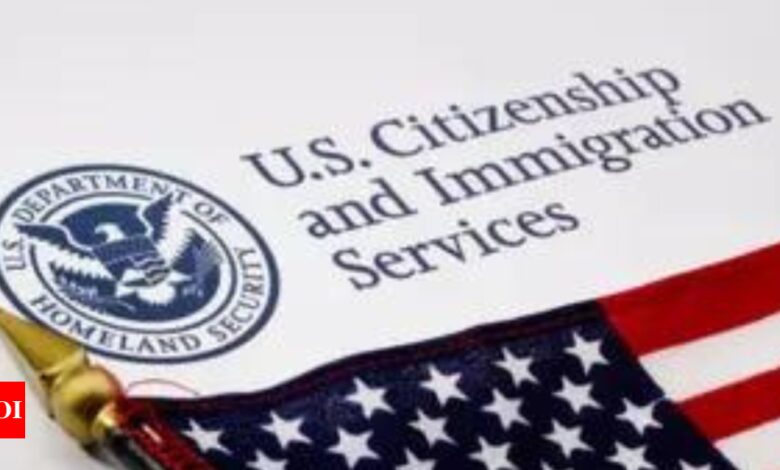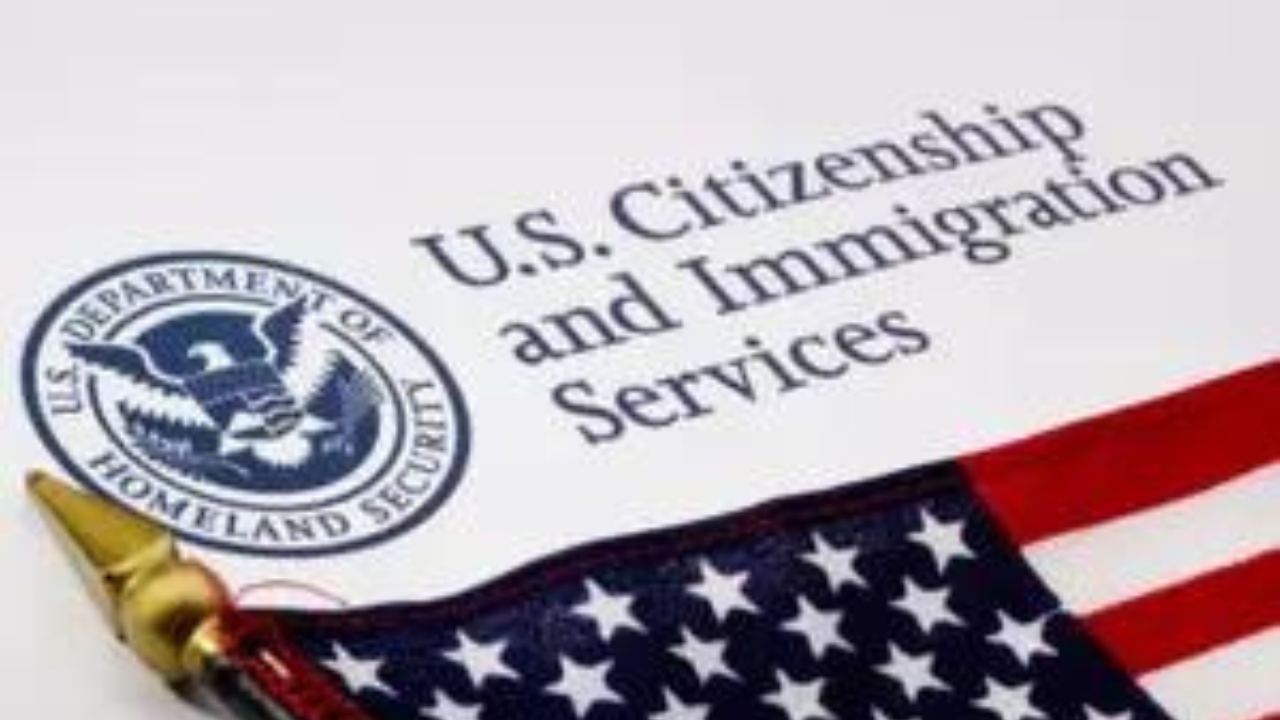Key US immigration reform recommendations made by AILA

[ad_1]
While appreciating the work done, AILA in its letter signed by Benjamin Johnson, Executive Director and Farshad Owji, President, states, “Even with these considerable investments, much work remains: many people live in and contribute to this country but have not been able to obtain legal or permanent status.They are essential to our country’s social and economic well-being and should be protected. American employers continue to face major obstacles in bringing foreign workers to this country on temporary or permanent bases. Families are separated or live in instability because the system lacks adequate legal pathways or is backlogged by delays and other bureaucracy. Finally, many of your predecessor’s harmful policies are still in effect or enjoined by federal courts and should be fully undone before the end of this term.”
Of the ten recommendations made by them, those which relate to the needs of the Indian diaspora already in the US and Indians aspiring to study, work or do business in US are detailed below:
1.
Provide relief to individuals in the immigrant visa backlogs by issuing the adjustment of status regulation:
Foreign nationals stuck in immigrant visa backlogs and impacted by processing delays frequently face hardships when applying for permanent status. These challenges impact their economic stability, family unity, and ability to maintain lawful status while they await their green card.
While the only true remedy to this problem is congressional action, the Department of Homeland Security (DHS) has proposed a regulation that will help alleviate some of the burdens by improving the processing of visas and issuance of green cards to eligible people.
The proposed regulation will reduce and streamline processing times, improve the quality of inventory data provided to partner agencies, reduce the potential for visa retrogression, and promote the efficient use of immediately available immigrant visas. The rule will help family-based applicants, employment-based applicants, and other categories of applicants.
AILA supports the regulation as it will provide significant relief to individuals waiting in lengthy backlogs and provide certainty to minor children of applicants that they will not lose eligibility due to backlogs. The proposed rule should be immediately prioritized for publication as it will potentially reduce border pressure by providing relief to those languishing in legal pathways.
As TOI has pointed out in several instances, owing to decades long green card backlog, document dreamers (a significant number of whom are children from Indian families) age out on turning 21 and lose their H4 (dependent visa status). They have to transit to an international student visa, which has its own drawbacks or self deport.
2.
Expand and make permanent the stateside nonimmigrant visa renewal program (DOS).
TOI had in Dec 2023, covered the announcement of the launch of the H-1B pilot program which will enable visas to be renewed domestically (ie: within the US). The pilot, which was set rolling on Jan 29 and will be in effect until April 1, will initially cover just 20,000 participants – half of which will be from India, Yet, the Indian diaspora is hopeful that the pilot will in the months to come be a full-fledged program, which will also cover the spouse and children of the H-1B visa holder.
AILA points at its very limited application and states that expansion and extension of the program will significantly reduce consular processing delays, enhance efficiency in processing, and create more certainty for applicants. Department of State (DOS) should expand and make permanent the ability to renew visas domestically for all nonimmigrant categories. A robust stateside visa processing program is an efficient method for DOS to manage resources and improve service while providing a low-risk visa renewal option for eligible applicants if a future Administration restricts consular access.
3.
Modernize the high-skill temporary worker
Since its creation, the H-1B visa program has offered an indispensable method for American businesses to obtain temporary high-skilled foreign workers. US hosts more than one million international college students each year. However, immigration laws place an artificial cap of 85,000 H-1B visas annually. It is inefficient and irresponsible to retain only a small fraction of these graduates and push the remaining talent to other countries if they don’t have an alternative method to staying in America.
AILA states that it is essential for our ability to compete successfully in the global economy that we retain access to this talent. To accomplish this, the Administration should finalize the H-1B Modernization proposed rule (88 FR 72870) for which the formal comment period ended on December 22, 2023. This rule will update and modernize the H-1B system and enable businesses to draw upon talent in areas critical to national interests.
The Administration should address commenter concerns, specifically related to the definition of specialty occupation and finalize the rule this year to ensure stability in the program and make it harder for a future Administration to impose restrictions on this critical avenue for talent.
4.
Revisions to the List of Schedule A Shortage Occupations
As part of the President’s Artificial Intelligence Executive Order, the Department of Labor (DOL) was ordered to issue a Request for Public Input (RFI) on the list of Schedule A occupations that do not have to go through the DOL labor certification process when seeking permanent residency, with the goals of updating how occupations are determined and including more shortage occupations, particularly in the area of STEM occupations. The RFI was published on Dec 15, 2023, and the comment deadline was extended to May 13, 2024. The modernization of Schedule A occupations and methodology is long overdue as it will streamline labor market testing and reduce processing delays at DOL by enabling it to focus its adjudications on occupations for which US workers may be available. AILA is part of a Schedule A Coalition that recently sent a letter to the Administration seeking this change. Given the timeline inherent in developing and publishing an NPRM and Final Rule, the Administration must prioritize this rule.
5.
Renew a recently expired regulation to ensure the timely renewal of work authorization
Many people risk of losing their eligibility to work due only to the fact that USCIS continues to experience lengthy processing times to review employment authorization applications. Processing times for applicants based on a pending adjustment of status application are over nine months and for those applying based on a renewal for asylum applications are over 16 months. AILA urges the Administration to renew the Temporary Final Rule (TFR) providing an automatic work authorization renewal for 540 days (which expired on Oct 26, 2023) to ensure there is no gap in employment authorization for individuals who have previously been authorized. The urgent extension of this rule is imperative as people could lose their work authorization as soon as April 24, 2024. The rule is pending final review at the Office of Information and Regulatory Affairs. We urge the Administration to publish it as soon as possible.
#Key #immigration #reform #recommendations #AILA






